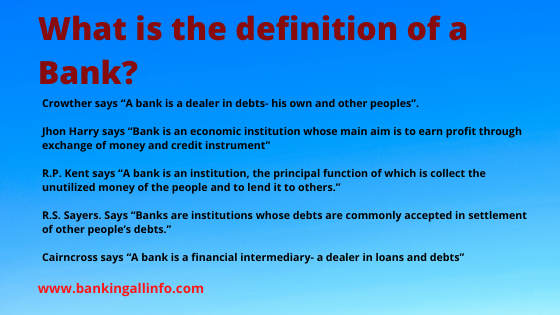
DEALER PRINCIPAL DEFINITION REGISTRATION
Principal is not a registration class and principals do not apply for registration. The same would be true regarding capital contributions.

Holding Company A is not a principal of Registrant because although it indirectly owns 50% of Registrant's stock (100% x 50% = 50%), it does not directly own 10% or more of Registrant's stock. Holding Company B is a principal of Registrant because Holding Company B directly owns 50% of Registrant's stock. Holding Company B owns 50% of Registrant's stock. Individual is not a principal of Registrant (based on ownership interest) because Individual indirectly owns 5% of Registrant's stock (50% x 10% = 5%).Įxample 5: Holding Company A owns 100% of Holding Company B's stock. Holding Company owns 10% of Registrant's stock. Individual is a principal of Registrant because Individual indirectly owns 25% of Registrant's stock (100% x 50% x 50% = 25%).Įxample 4: Individual owns 50% of Holding Company's stock.

Holding Company A owns 50% of Holding Company B's stock. Individual is a principal because Individual indirectly owns 50% of Registrant's stock (100% x 50% = 50%).Įxample 3: Individual owns 100% of Holding Company A's stock. Individual is a principal of Registrant.Įxample 2: Individual owns 100% of Holding Company's stock and Holding Company owns 50% of Registrant's stock. See examples.Įxample 1: Individual owns 100% of any class of stock of Registrant. The following examples illustrate how direct and indirect ownership impact an individual's or an entity's status as a principal of a registrant. Provided such debt is not guaranteed by an individual who or entity that is not a principal of the applicant or registrant. an insurance company subject to regulation by any State.such office of an unaffiliated, licensed foreign bank or.an unaffiliated "foreign bank," as defined in 12 CFR 211.21(n) that currently operates an "office of a foreign bank," as defined in 12 CR 211.21(t), which is licensed under 12 CFR 211.24(a).an unaffiliated bank insured by the Federal Deposit Insurance Corporation.Has contributed 10 percent or more of an applicant or registrant's capital unless such capital contribution consists of subordinated debt contributed by:.Is the direct owner of 10 percent or more of the outstanding shares of any class of an applicant or registrant's equity securities, other than non-voting securities or.Has the power to exercise a controlling influence over an applicant's or registrant's activities that are subject to regulation by the Commission or.Is entitled to receive 10 percent or more of an applicant's or registrant's net profits or.

Has the power to sell or direct the sale of 10% or more of the outstanding shares of any class of an applicant's or registrant's equity securities, other than non-voting securities.Is entitled to vote 10 percent or more of the outstanding shares of any class of an applicant's or registrant's equity securities, other than non-voting securities.Owns 10 percent or more of the outstanding shares of any class of an applicant's or registrant's equity securities, other than non-voting securities.

A manager, managing member or a member vested with the management authority for a limited liability company or limited liability partnership orĪn individual who directly or indirectly, through agreement, holding companies, nominees, trusts or otherwise:.A director, president, chief executive officer, chief operating officer, chief financial officer or a person in charge of a business unit, division or function subject to regulation by the Commission of a corporation, limited liability company or limited liability partnership.A sole proprietor of a sole proprietorship.Based on its ownership or financial stake in a registrant.Ī principal with respect to an applicant, a registrant, or a person required to be registered under CFTC Regulation 3.1 (a) is:.Because it is a general partner of a partnership and/or.The individual's ownership or financial stake in a registrant.The individual's formal title or position with a registrant and/or.The individual's ability to control a registrant's business activities.An individual's status as a principal is determined by:


 0 kommentar(er)
0 kommentar(er)
